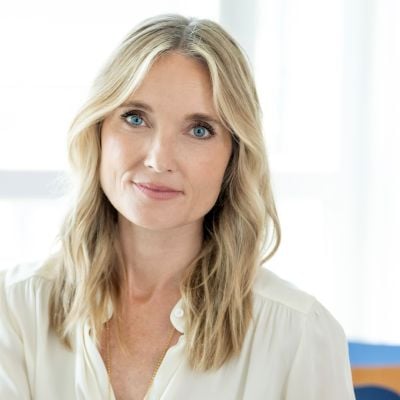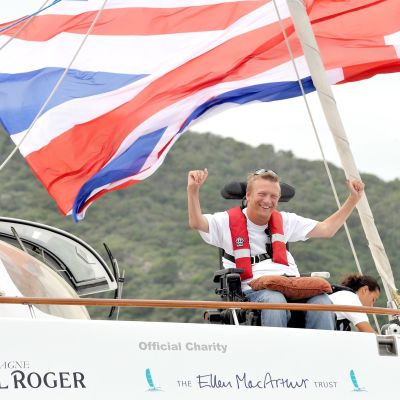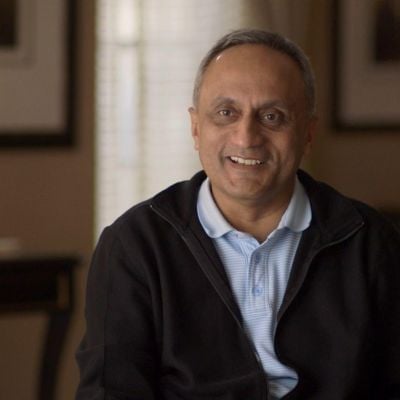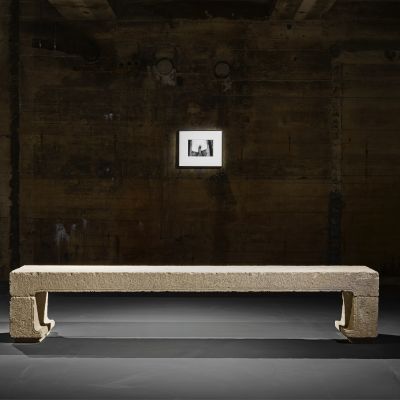Clear Vision
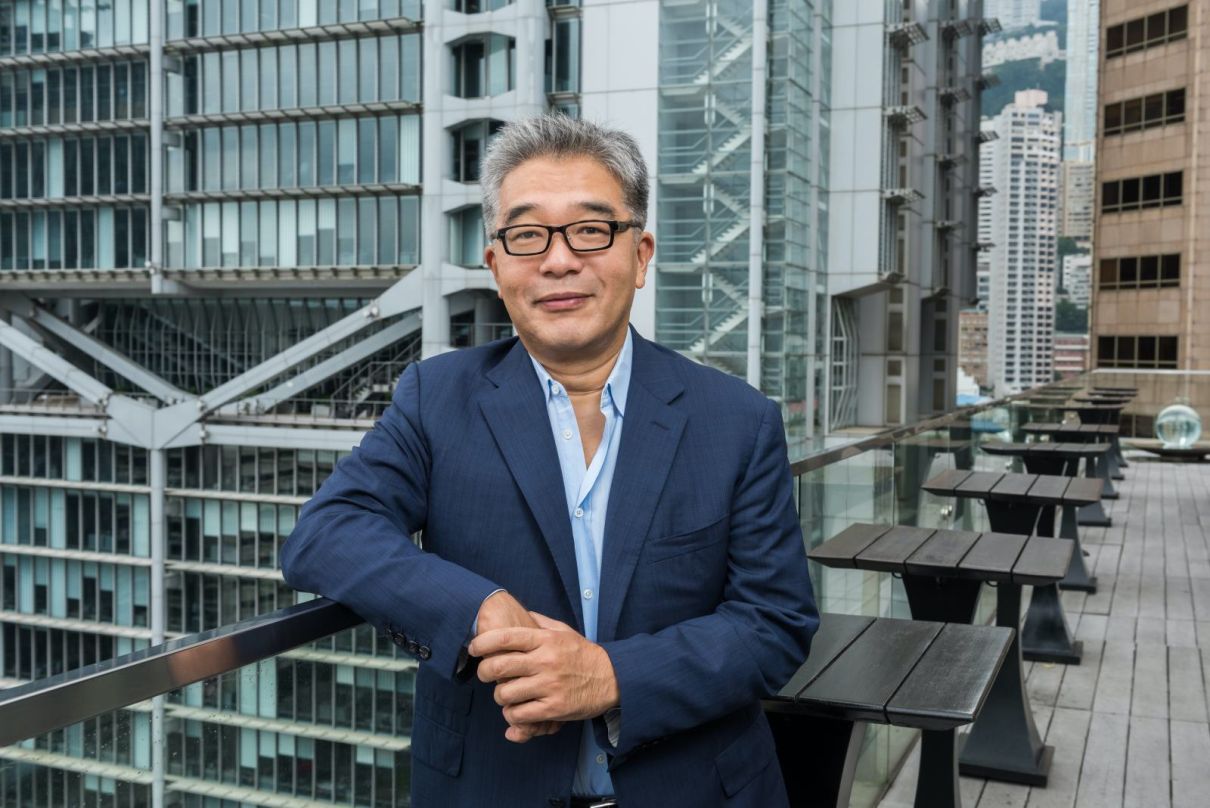
Hong Kong philanthropist James Chen is on a mission to bring glasses to the developing world — and persuade other UHNWs to take more risks.
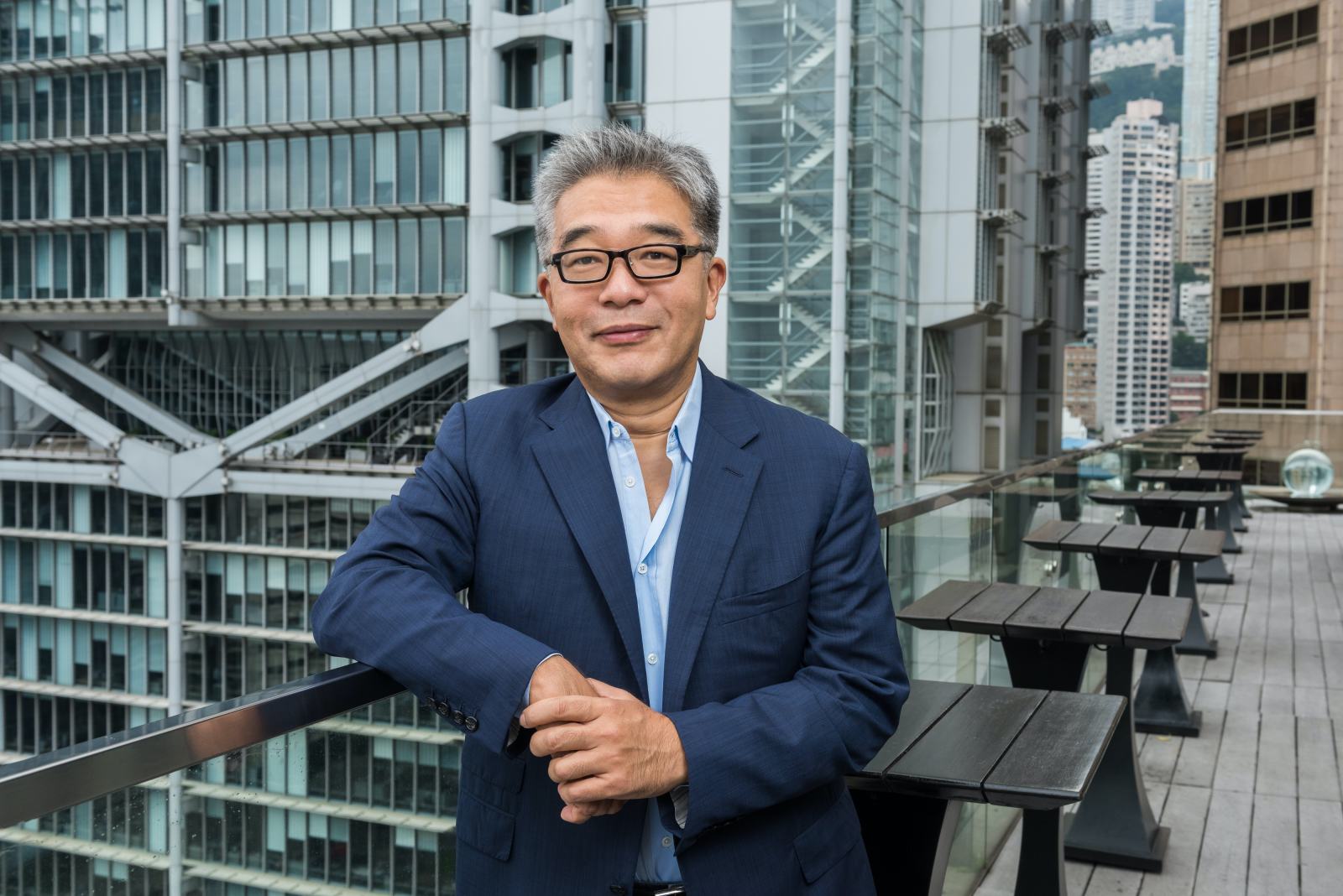
“I have a long track record of failing in business,” says James Chen, chair of the Chen Yet-Sen Family Foundation in Hong Kong. “I had a couple of interesting lessons where I realised maybe I’m not as smart as I thought I was when I was younger, maybe I’m not a good manager, and maybe being an entrepreneur is not my forte.”
Chen, a Hong Kong-based third-generation businessman and venture philanthropist, is refreshingly humble about his work and life. As well as launching and running a family office, Legacy Advisors Ltd, to manage the wealth of his family manufacturing business, Wahum Group Holdings, he is a passionate philanthropist and a highly successful one at that. Specifically, he is dedicated to tackling the global crisis of poor vision, which currently affects over 2.2 billion people — what he refers to as the largest disability in the world.
We are discussing all this over Zoom, which seems strange as we are sitting only a few minutes’ drive from one another, on Hong Kong island’s sunny West side. But the city is in COVID-induced semi-lockdown and therefore a remote conversation is preferable. And it also seems a relevant starting point for today’s conversation: how ‘catalytic’ philanthropy is the only way to drive real change and tackle global crises such as COVID-19.
Chen believes that now, more than ever, is philanthropy’s moment. “Private UHNWs are able to take calculated risks where governments and corporations cannot, making private philanthropists uniquely capable of tackling the world’s riskiest challenges,” he says. “Philanthropists can make real change during the pandemic and be a driving force to help the world recover in a way few others can.”
His ambition is to inspire a new wave of high-net-worth individuals to nurture the best ideas and find the most innovative solutions to some of the world’s most pressing social problems. “There are so many issues that need to be resolved. But especially now with COVID sapping economies, there is not enough money in corporates or governments to do so, and they are rarely willing to take early-stage risks. It’s our unique superpower in the UHNW community to take those risks, because if it blows up and we lose money, the accountability is only to ourselves. We absolutely need to step up and take those risks.”

The seed of his mission to end poor eyesight was planted in him as a child, growing up in Lagos, Nigeria, where his father was running the family business. He noticed that almost no local people wore glasses but never wondered why, until he himself needed glasses as a teenager. In 2005, a chance meeting with an Oxford professor, Joshua Silver, who had created adjustable lenses, led him further onto his path.
Silver had found a way to change the curvature of lenses in spectacles by filling them with liquid and allowing the wearer to vary the power with a simple dial, which allows for vast efficiency. Instead of having to test millions of people's eyes, the glasses can be adjusted to them. “Vision is the problem the world forgot because blurry vision is not a priority, although it has a huge impact on productivity. So, the potential was obvious,” says Chen. “So many charities fund adult literacy programmes in the developed world, but poor vision is endemic in the over-35s in sub-Saharan Africa. How can you read if you can’t see?”
Chen and Silver co-launched a company called Adlens to produce the glasses and took the idea of mass distribution in Africa to several philanthropic agencies. But the answer was always ‘no’.
“People always say it is impossible, that it can’t be done, but you ask why, and no one can give you a good answer,” he reflects.
Chen decided to produce and distribute the glasses himself. He started by distributing glasses in Rwanda in 2011 with the aim of providing nationwide access to eyecare and affordable glasses to a country of 12 million people.

Over the course of five years, the programme grew into a stunning success, in collaboration with Rwanda’s Ministry of Health. Eyecare services are now available to all and 2.5 million Rwandans had received a vision screening by the end of 2017. It developed a three-day training programme for 2,700 nurses who could dispense glasses right away and sent them to 15,000 villages. “We showed them you can deliver eyecare to an entire population.”
He points to a 2018 research paper which demonstrated that the provision of glasses - at a trial in an Indian tea plantation - improved productivity by 21.7 percent, and by 31.6 percent for those over age 50, the biggest productivity increase from any other health intervention.
Chen recalls wanting to replicate the success in Rwanda but realising it “would take us a thousand years”. So, instead, in 2016, he launched Clearly, a global campaign to enable access to glasses for everyone in the world. Through this initiative he is lobbying the UN to make eyesight a basic human right, which would accelerate and revolutionise glasses accessibility.
Chen says he has always been inspired by his father, Robert Yet-Sen Chen. “A lot of wealthy people write cheques but don’t put the time and effort in. My father wasn’t like that, he did things in a different way.”
James Chen has carried that sentiment a step further. “I find all these social issues that are challenging, have history, depth and barriers. If it was easy to solve, people would have done it. The way to make real progress is to get deeper inside them, really understand them, not just write a cheque.”



